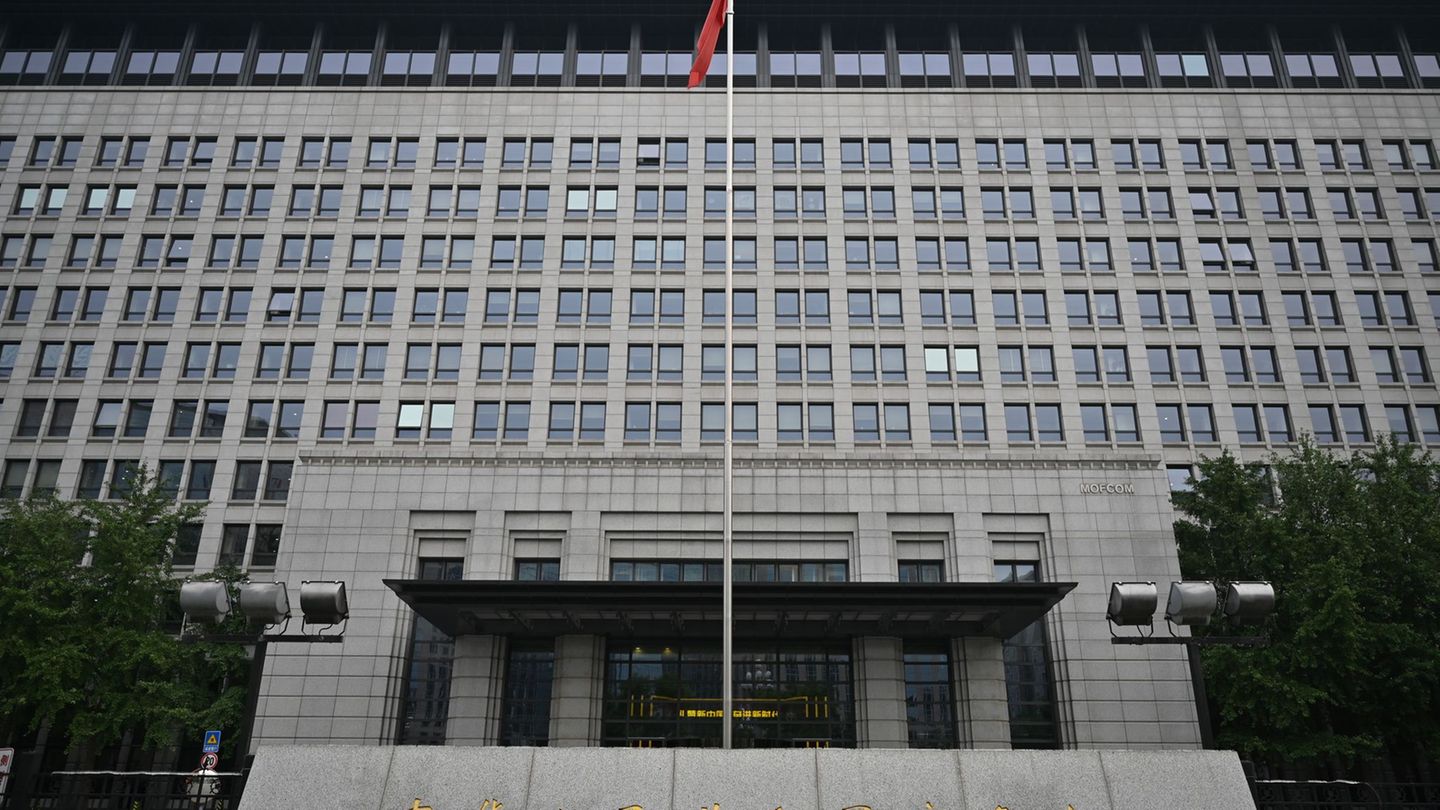The conservative Spanish election winner Feijóo is making a second and probably last attempt to be elected head of government in parliament. But someone else probably has better chances.
The conservative opposition leader Alberto Núñez Feijóo is standing again in parliament today for the office of head of government. He failed at his first attempt on Wednesday. 178 MPs voted against him and 172 for him.
Since the parties’ positions have not changed since then, this result is likely to be repeated. Should Feijóo miss the majority again, King Felipe VI could. task the runner-up in the July 23 election, Socialist caretaker Prime Minister Pedro Sánchez, with forming a government. The 51-year-old is given better chances.
Unlike the first round of voting on Wednesday, in which an absolute majority of 176 votes was necessary, a simple majority is sufficient in the second round of voting. But as things stand, that is not in sight either. Because if all MPs are present and no one abstains from voting, the simple majority of the total of 350 MPs is 176 votes.
The People’s Party PP came first in the July election and won most of the seats in parliament, but clearly missed the absolute majority. Since then, Feijóo has not been able to get enough smaller parties on his side. They rejected joining forces with Feijóo’s planned coalition partner, the right-wing populist Vox.
What about Sanchez?
The socialist Sánchez, who has been in power since 2018, was given better chances of forming a government from the start. However, he needs the votes of Catalan parties, which are calling for, among other things, an amnesty for separatists who took part in the failed attempt to secede in 2017. There is also talk of a possible new referendum on the future of the economically strong region in northeastern Spain. While Sánchez has not ruled out an amnesty, a referendum would be extremely politically risky for him.
If there is no government by November 27th, there will have to be a new election, which would be held on January 14th next year. Then there would not only be a threat of a domestic political blockade. This would mean that Spain’s entire EU Council Presidency until December 31st would be overshadowed by the political uncertainty in the fourth largest economy in the eurozone.
Source: Stern
I have been working in the news industry for over 6 years, first as a reporter and now as an editor. I have covered politics extensively, and my work has appeared in major newspapers and online news outlets around the world. In addition to my writing, I also contribute regularly to 24 Hours World.




